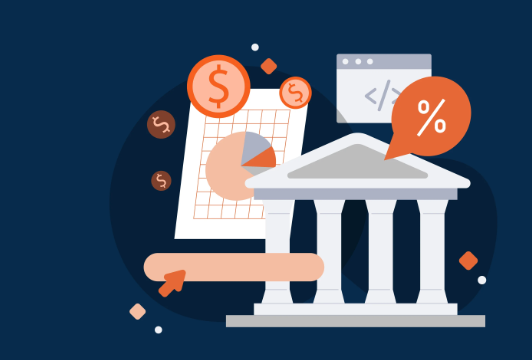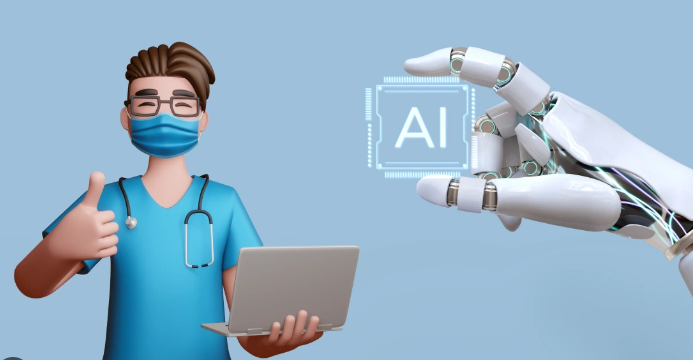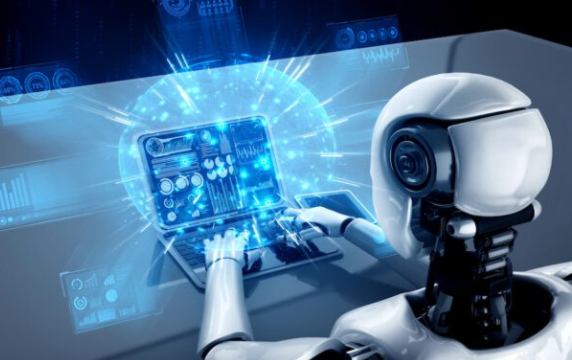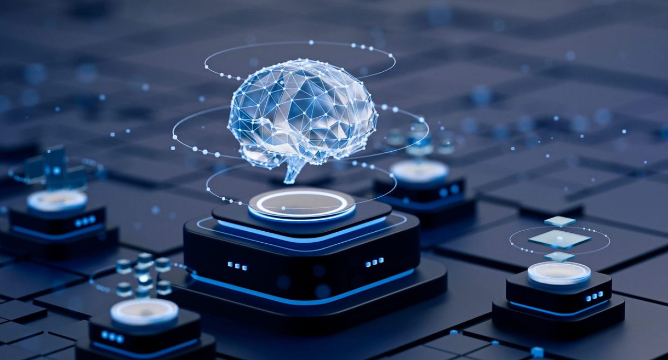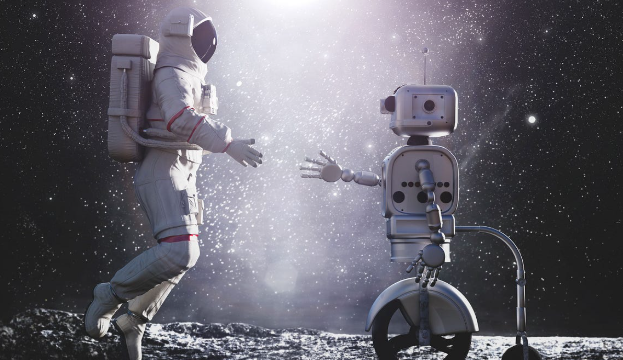As urban populations grow, cities are embracing AI and IoT to enhance sustainability, efficiency, and security. By 2025, smart cities will leverage real-time data, automation, and predictive analytics to optimize urban infrastructure and improve residents’ quality of life. Let’s explore how AI and IoT are driving the evolution of smart cities.
How AI & IoT Are Powering Smart Cities
- Smart Traffic Management
AI-driven traffic lights and IoT-connected sensors optimize traffic flow, reduce congestion, and improve road safety. - Energy Efficiency & Smart Grids
AI optimizes electricity distribution, while IoT-enabled smart meters help reduce energy consumption and lower costs. - AI-Powered Public Safety & Surveillance
Facial recognition, predictive policing, and AI-driven surveillance improve crime prevention and emergency response. - IoT-Enabled Waste Management
Smart bins equipped with sensors monitor waste levels and optimize collection routes, reducing pollution and operational costs. - Smart Buildings & Infrastructure
AI automates lighting, heating, and security systems, while IoT enables remote monitoring and predictive maintenance.
The Role of AI & IoT in Urban Planning
- Predictive Analytics for City Growth: AI forecasts urban expansion, helping planners optimize zoning and public services.
- Environmental Monitoring: IoT sensors track air quality, noise pollution, and water usage to improve sustainability.
- Autonomous Public Transport: AI-driven buses, trains, and ride-sharing fleets enhance mobility and reduce carbon emissions.
Challenges & Considerations
- Data Privacy & Security: Protecting citizens’ data from cyber threats is a major concern.
- Infrastructure Investment: Implementing smart city technologies requires significant funding and collaboration.
- AI Bias & Decision-Making: Ensuring AI-driven policies are transparent, fair, and unbiased.
The Future of Smart Cities
By 2025, smart cities will integrate 5G, edge computing, and blockchain to enhance automation, security, and efficiency. AI-powered digital twins will enable urban planners to simulate city operations and make data-driven decisions.
Conclusion
AI and IoT are revolutionizing cities by enhancing efficiency, sustainability, and security. As these technologies evolve, smart cities will become more interconnected, resilient, and future-ready. The future of urban living is AI-powered, data-driven, and highly adaptive.
